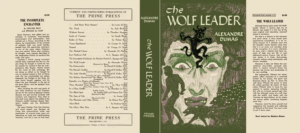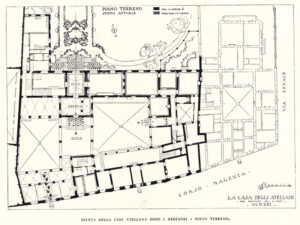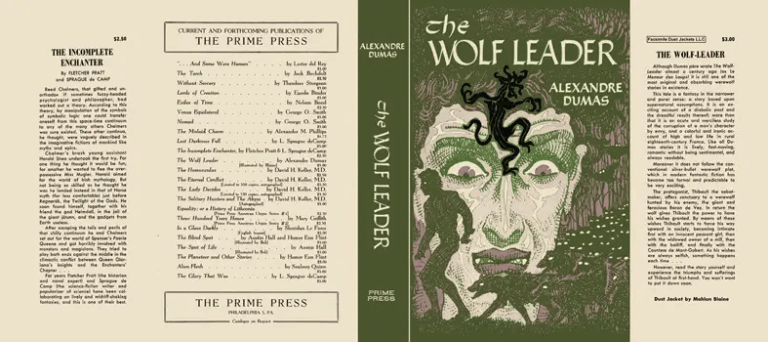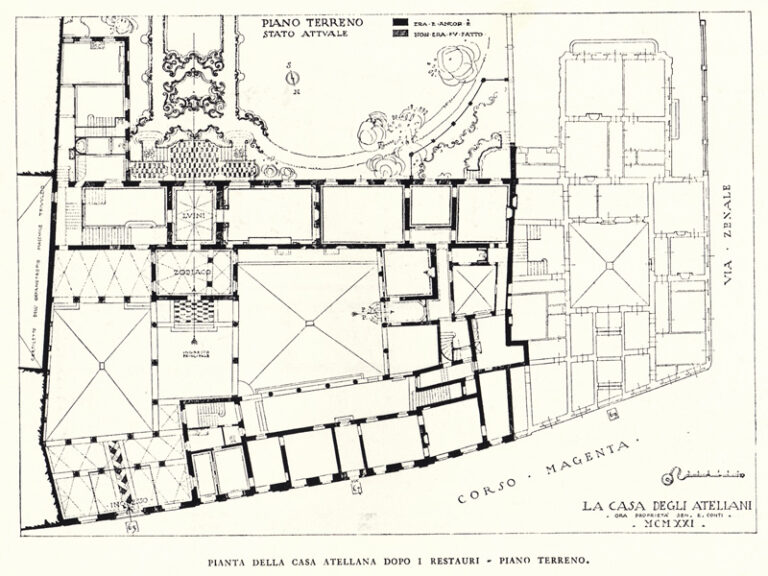The recipe is taken from Thomas Dawson’s The Good Huswifes Jewell (1596), and it’s for a variety of long-lasting bread that was usually not particularly tasty, and it’s called this way because it’s cooked twice, like a biscuit. Alternative versions and an amended, modern one are available on this page.
Ingredients:
- 450 grams of flour;
- 450 grams of sugar;
- 8 large eggs;
- musk (can be replaced with 8 anise seeds);
- aromatic seeds of your choice;
- half a pint of damask water (can be replaced with rosewater);
- a glass of sweet red wine (for some reason, the authors of The Tudor Cookbook recommend Muscadine, a native grape to North Carolina, which is a bit… counterintuitive, being this a medieval recipe).
Recipe:
Beat the eggs, whites and yolks and everything, and mix them with a pinch of flour; then add the mixture to the rest of the flour.
Ground the musk (of the anise seeds if you want to carry on living), add the damask water (or rosewater), mix it and add the wine. Stir the mixture and add it to the flour alongside aromatic seeds of your choice that will remain whole in the bread. If you like it. If you don’t like it, don’t do it. Work the dough until you’re satisfied with the consistency, fashion it into a loaf. When you cook it in the oven, make sure you don’t overcook it if you value your teeth.
You can candy the surface too. Should you want to do that, take rosewater and sugar, boil them together until they turn thick and brush the syrup on the bread when it’s half-cooked.
Alternatives:
If you prefer videos, you can take a look below.
Musk???
Yes. Apparently it was customary to use musk in cooking, and I can only assume they meant literal musk. You can also find it in this Italian recipe for biscuits by Bartolomeo Scappi (1570). I have a friend who’s allergic to mould and I’m pretty sure these cookies would kill her.






No Comments